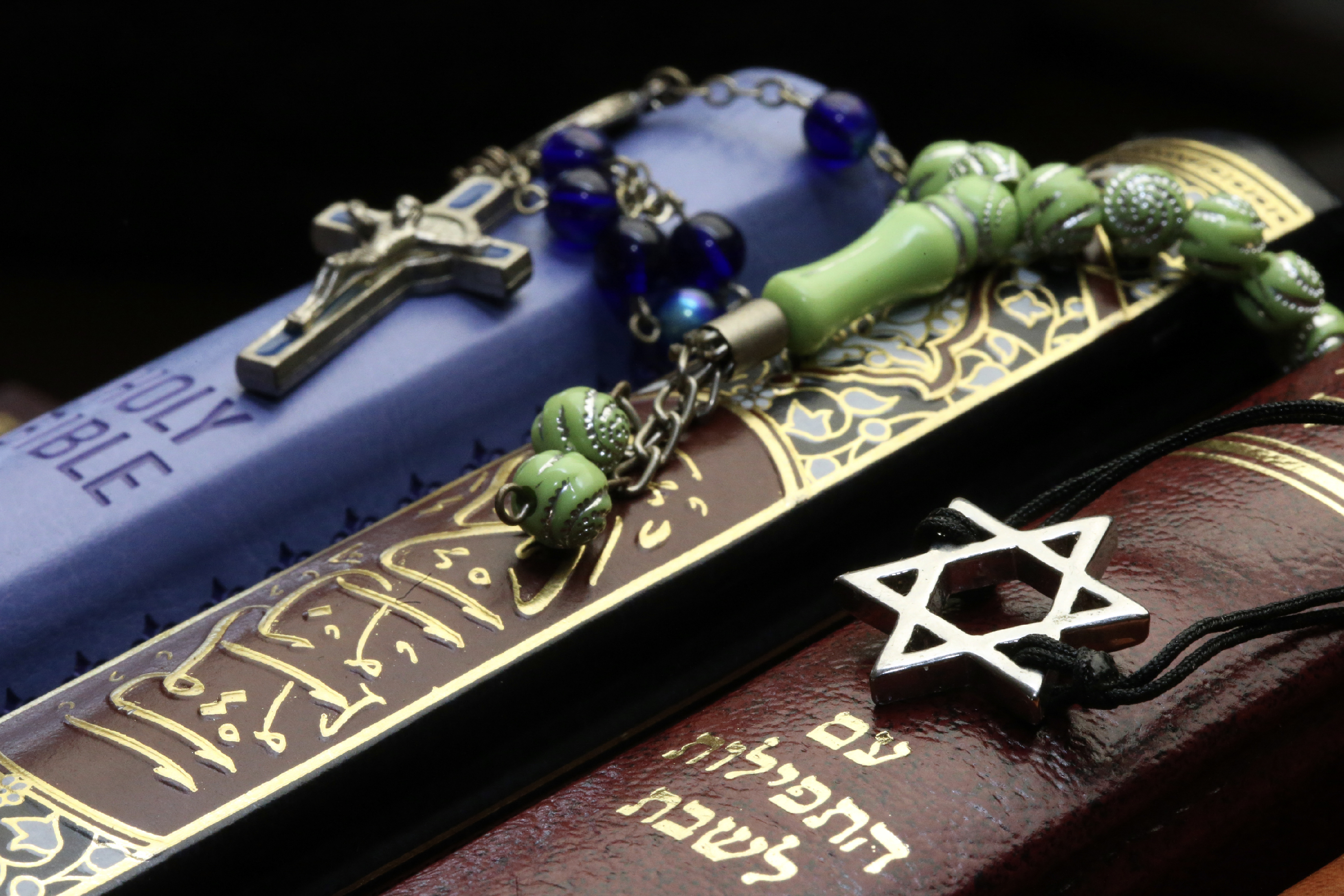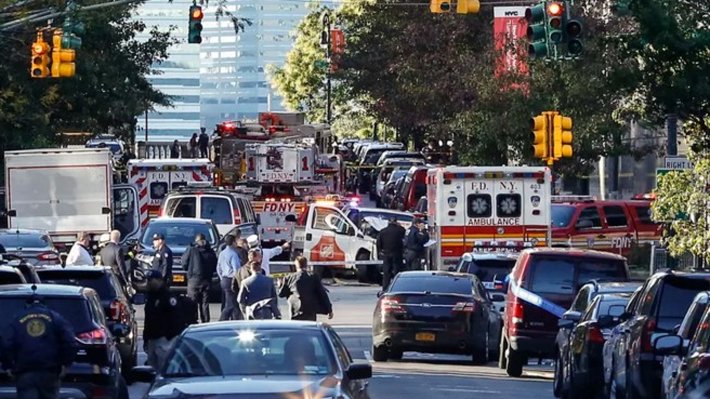
-
HOME
-
WHAT IS STANDOur Mission Our Values Our Help Contact
-
WHAT WE FIGHT FORReligious Freedom Religious Literacy Equality & Human Rights Inclusion & Respect Free Speech Responsible Journalism Corporate Accountability
-
RESOURCESExpert Studies Landmark Decisions White Papers FAQs David Miscavige Religious Freedom Resource Center Freedom of Religion & Human Rights Topic Index Priest-Penitent Privilege Islamophobia
-
HATE MONITORBiased Media Propagandists Hatemongers False Experts Hate Monitor Blog
-
NEWSROOMNews Media Watch Videos Blog
-
TAKE ACTIONCombat Hate & Discrimination Champion Freedom of Religion Demand Accountability
Why Religion and Tolerance Must Go Hand in Hand
In the state of Utah, in a grand tabernacle, 10,000 faithful rise as the choir, 300 strong, sings a powerful plea to heaven.

At the same time, halfway around the world, a mother in famine-ravaged Somalia begs Allah to spare the life of her starving infant. Unlike the resonant volume of the choir, her prayers come in whispers.
In Ontario, Canada, a group of indigenous women of the Ojibwa nation pray together, not in words but in movements, their bangled costumes chiming in rhythm to the generations-old Jingle Dance.
The path taken by those who choose hate is the one true path to perdition.
Do the Christian prayers land? Are the Muslim mother’s quiet pleadings drowned out by the vaulting harmonies of the choir? Are words even necessary, as the Ojibwa dance their healing dance?
Whose supplications reach the Divine Presence? Is there even a Divine Presence? Does anyone know for sure? There are no pat answers to these questions, nor should there be.
Questions of faith are answered by faith and faith alone.
Scientology Founder L. Ron Hubbard wrote, “‘Faith’ and ‘belief’ do not necessarily surrender to logic: they cannot even be declared to be illogical. They can be things quite apart.”
A religion cannot use logic or evidence to prove itself, nor would it.
A religion cannot advocate for itself, nor should it.
A religion simply is.
And, to the shame of mankind, just as there is no logic in faith, so is there no logic used by those who hate it.
Hence, the path taken by those who choose hate is the one true path to perdition.
Hate has no part in any conversation about religion. Nor does suspicion, rumor or derision. The casual witticism dropped in cocktail chatter at the expense of some minority faith. The deluded podium poundings of this bigot or that demagogue urging the mob to show no mercy to the outsider, the stranger in strange clothing, the “other” who chants prayers in a different tongue. All these intolerances—little and big, from individual slight to community genocide—are the enemies of all religions—and so much so that the history of religious intolerance is a history of pain and death.
Some, most famously Beatle John Lennon, offer an “obvious” solution to the scourge of religious intolerance: no religion at all. The logic sounds simple enough: with no religion to hate, there’d be no hate.
But even one day without religion would plunge the world into chaos beyond imagining:
As 64 percent of the agencies committed to feeding the hungry are faith-based, countless millions would go hungry.
As 20 percent of our hospitals are affiliated with religious institutions, a healthcare crisis of staggering proportions would ensue.
As 45 million volunteers worldwide—or nearly half—represent one religious organization or another, disaster relief, daycare, and myriad community services would collapse, shattering the world’s infrastructure of care.
Add to that the absence of tens of billions of philanthropic dollars to needy children and families. And to that the wiping out of nearly one-fifth of America’s universities (sponsored, as they are, by religious institutions)—resulting in the waste of 2 million of our brightest minds, at a cost of over 35 billion dollars and untold harm to science, the humanities and the quality of human life itself—and you have a true apocalypse.
Mr. Hubbard, seeing the real threat of atomic apocalypse, wrote: “Materialistic science operating on the premise that Man came from mud only, that the mind is a queerly erroneous stimulus-response mechanism, that the human soul is a delusion, that God was a myth of some aberrated Mesopotamian, has presented us at last with the immediate and real threat of Man’s extinction as a species.”
We need religion, faith—the still, small voice of our thoughts—that guides us when logic fails, or when illogic takes hold of us.
A more viable solution to the problem of religious intolerance would simply be religious tolerance. “Imagine” what would happen were we to follow the example, not of John Lennon, but of his fellow songwriter, Leonard Cohen—an observant Jew, Buddhist monk, and serious student of the teachings of many faiths, including Scientology and Christianity—who famously said, “I’ve never met a religion I didn’t like.”
The Quran teaches: “If God had pleased, he would have made all mankind one religion. But He hath done otherwise” (5:48). Muhammad incorporated these words when he told his countrymen: “Wilt thou force men to believe when belief can come only from God?” He even drew up a charter for the holy city of Medina—the birthplace of Islam—guaranteeing freedom of religion and religious tolerance for all. These hallowed concepts that comprise the first words of our own Bill of Rights were laid down as law, then, by the Prophet a millennium earlier than the founders of the United States.
The Prophet understood, when he included the welcoming of all faiths as the law of the land, that our thoughts are our most intimate possessions, and the most precious of these are the ones labeled “beliefs.” They get us up in the morning and carry us through our day. They comfort us when logic tells us all is lost and heighten our joy when fortune blesses us.
Religion, according to writer Yuval Noah Harari, is our greatest invention, a man-made evolutionary step born not from physical survival but from spiritual need. Possibly we’re still getting used to it. Possibly we need just a little more time and patience.
After all, it’s only been 45,000 years.









